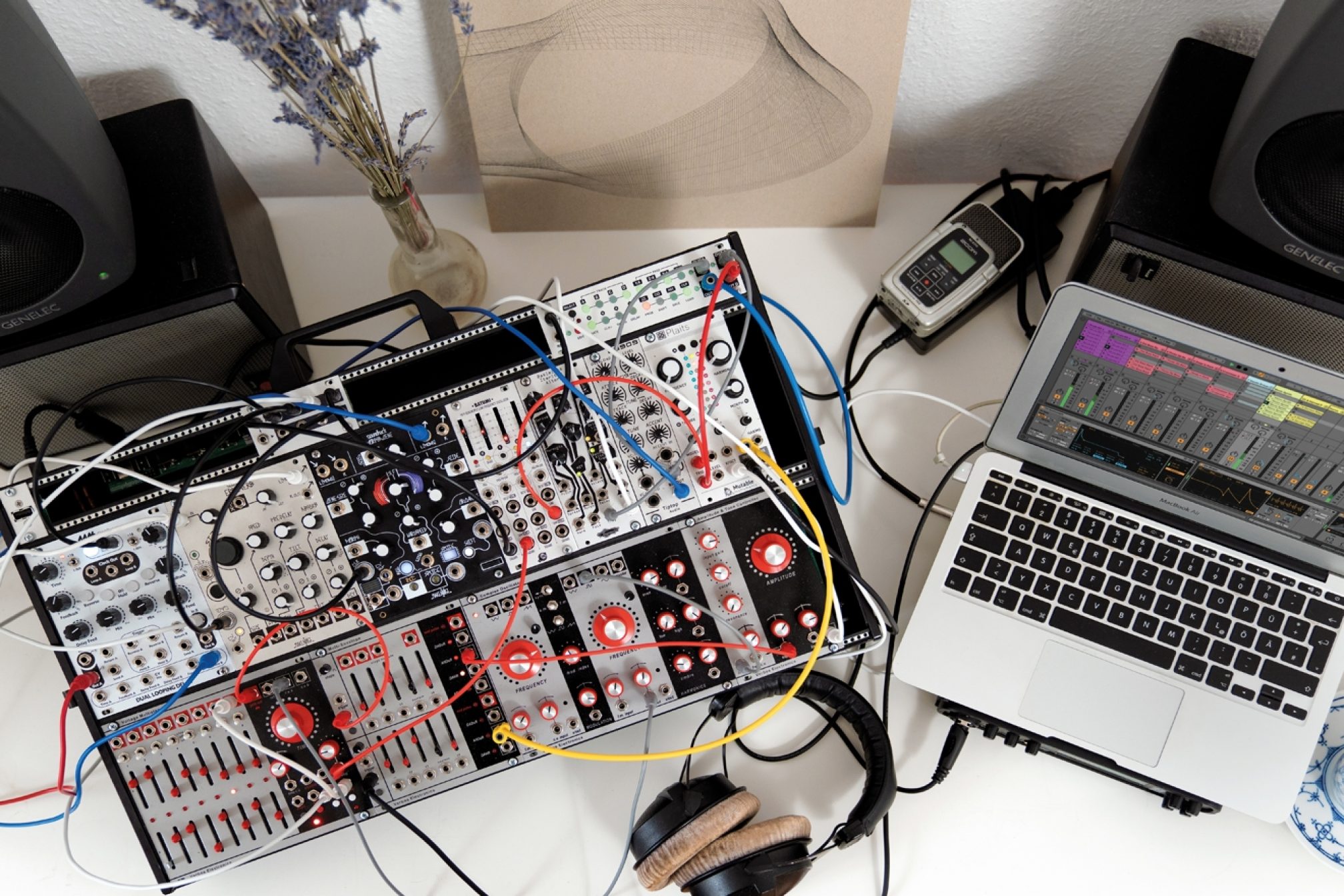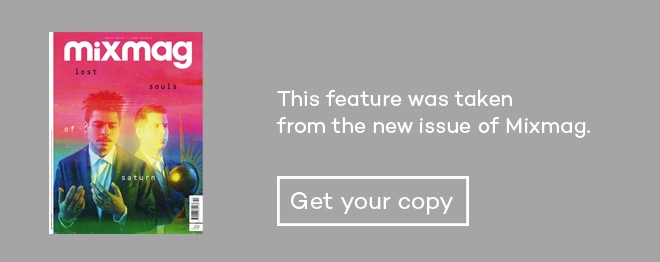 Tech
Tech
Modular is one of the decade's greatest tech success stories
Software studio giants are making eyes at modular fans
The ever-multiplying modular market is one of this decade’s greatest tech success stories. A huge cottage industry has emerged of small, sometimes one-person companies making music devices that fit within one of several competing formats, the most well-known of which are Buchla and Eurorack. ‘It’s too nerdy and it’ll never catch on’, said the naysayers, but like craft beer with booze, modular has revolutionised music technology.
Read this next: 5 of the best modular gateways
Which is all well and good if you’re a nerd hawking your latest module at a trade expo; not so good if you’re one of the big tech companies watching helplessly as hobbyists steal your thunder. Some, like Roland, have entered the fray with their own modular devices. On the software side, DAWs like Bitwig and Ableton have been making their products modular-friendly.
Read this next: 10 of the best live modular sets you can watch online
Bitwig’s recently released third update is its most audacious move yet to win over modular fans. While the innovative newcomer to the DAW game has always been modular in nature, the GRID is a new environment for making your own modular synth or effects systems with the ability to connect to hardware modular systems.
Read this next: 5 of the best modular software plug-ins
Meanwhile, over at Ableton Live, CV Tools is now available as a Max For Live package for owners of Ableton Live Suite. Its 10 tools for integrating Live with a modular rig let you take clock signals or CV in or out, trigger modular drum units, send out LFO CV messages and more. You’ll need a DC coupled audio interface that doesn’t filter out very low frequencies, a common feature of most.
Read this next: Get the best of Mixmag direct to your Facebook DMs



